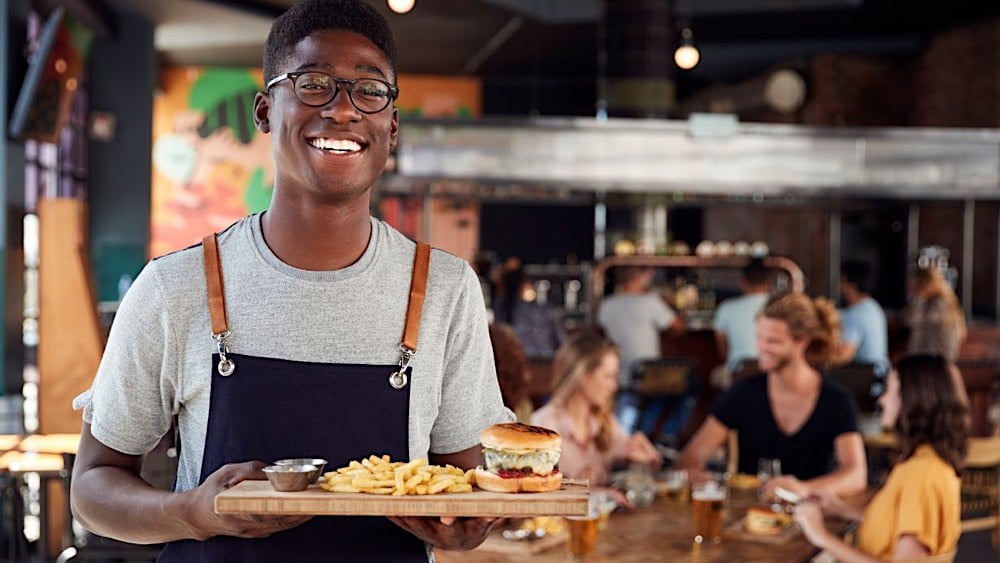In the dynamic realm of gastronomy, the success of a restaurant hinges not only on the quality of its cuisine but also on the prowess of its culinary team. Crafting culinary champions requires a meticulous and comprehensive approach to restaurant training, recognizing that the kitchen is the heart and soul of any dining establishment. The power of restaurant training lies in its ability to transform raw talent into a well-oiled machine capable of delivering a symphony of flavors to discerning palates. At the core of this process is the cultivation of technical skills, where chefs undergo rigorous instruction to master the art of knife work, temperature control, and the intricate dance of flavors. However, true culinary excellence extends beyond the technical; it involves fostering a deep understanding of ingredients, the alchemy of flavors, and the cultural nuances that shape culinary traditions. Effective restaurant training does not merely create cooks; it forges leaders who can orchestrate a seamless ballet in the kitchen.

Leadership skills are honed through exposure to the high-pressure environment of a professional kitchen, where time management, communication, and decisiveness are paramount. A successful chef is not just a master of recipes but a commander who can navigate the chaos of a bustling kitchen with finesse. Training programs should instill in aspiring chefs the ability to lead by example, mentor their peers, and adapt swiftly to the ever-evolving demands of the culinary landscape. The power of restaurant training also lies in its capacity to instill a profound sense of creativity and innovation in chefs. A well-trained culinary team does not merely replicate dishes; it crafts unique culinary identities that set a restaurant apart. Training should encourage experimentation, pushing chefs to explore novel flavor combinations, avant-garde techniques, and inventive presentations. Nurturing creativity in the kitchen not only keeps the menu fresh and exciting but also positions the restaurant as a trendsetter in the competitive culinary landscape.
Beyond the kitchen, Waitrainer restaurant training program should encompass the art of hospitality. Chefs are not just creators of dishes; they are contributors to a holistic dining experience. Training programs should instill in culinary professionals the importance of customer service, teamwork, and an acute awareness of the guest’s journey from the moment they step through the door. A well-trained staff creates an atmosphere where patrons feel not just satiated but genuinely delighted by the entire dining experience. In conclusion, the power of restaurant training lies in its ability to shape culinary champions who are not only proficient in the technical aspects of cooking but also possess leadership, creativity, and hospitality skills. It is a transformative journey that turns aspiring chefs into maestros of the kitchen, capable of orchestrating culinary symphonies that captivate the senses. As the gastronomic landscape evolves, the importance of comprehensive and strategic restaurant training becomes increasingly evident, ensuring that culinary champions continue to emerge and redefine the boundaries of gastronomy.



